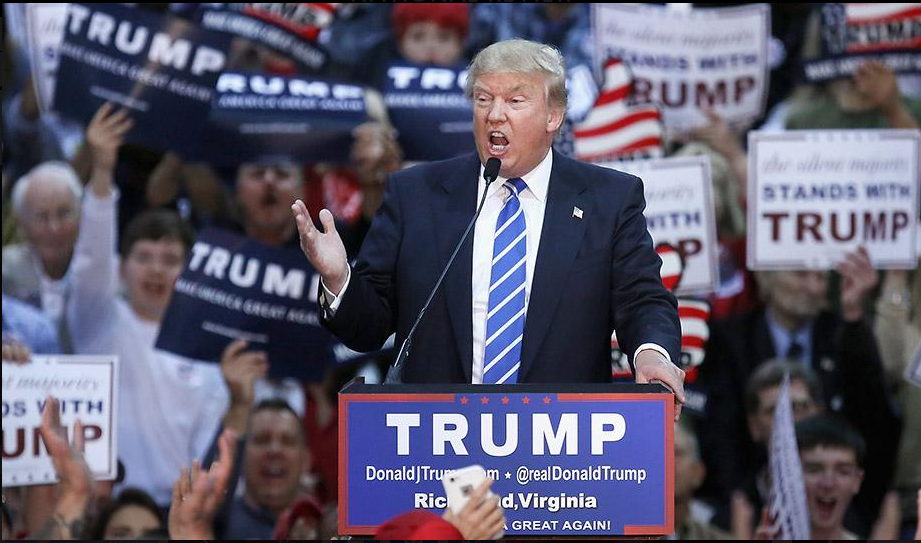I live in Donald Trump country. Maury County, Tenn. — like much of the South — was dominated by the Democratic party until just a few short years ago. Tennessee’s legislature didn’t flip red until 2008, and my own legislative district in my own “conservative” county was blue until 2010. Tennessee didn’t change dramatically between 2004 (when Democrats were in total control of state government) and 2011 (when control flipped to Republicans), but national politics changed. And — as Donald Trump is proving — they can change again.
If there is a consistent refrain among former Democrats (and there are lots in the South), it echoes Ronald Reagan: They didn’t leave the Democratic party; the Democratic party left them. That means many things, but it does not mean that they’re small government, constitutional conservatives. It means that while they may have been attitudinally “Tea Party,” they were never on board with the core substance of the movement.
So, what do my Trump-supporting neighbors prioritize? It’s a reasonable approximation of the “three-legged stool” of Reagan Republicanism, but with important philosophical distinctions from true movement conservatives. First, there’s patriotism, but it’s not a patriotism that implies or mandates a particular foreign policy or national-security philosophy. It’s embodied in a deep love for this country and a desire to defeat its enemies, but no particular commitment either to intervention or isolationism. They’re repulsed by the Left’s mindless multiculturalism and elite’s disdain for America, but they’re foreign-policy pragmatists. Fight when it’s smart, and don’t let political correctness get in the way of national defense.
Next, there’s cultural conservatism, but it’s not the cultural conservatism of the evangelical Right. In other words, they don’t really care what anyone else does with their lives, but they’re unwilling to join the sexual revolution either personally or politically. They’re not crusaders in either direction, but they perceive the Left as attempting to draft them into a movement they find personally distasteful. When Bill Clinton said abortion should be “safe, legal, and rare,” he was tapping into this mindset — speaking to those who dislike abortion but aren’t willing to place it at the centerpiece of their politics.
Source: David French, http://www.nationalreview.com
 Listen Online
Listen Online Watch Online
Watch Online Find a Station in Your Area
Find a Station in Your Area








 Listen Now
Listen Now Watch Online
Watch Online
